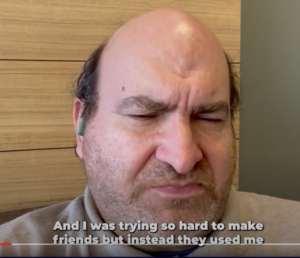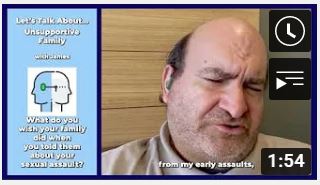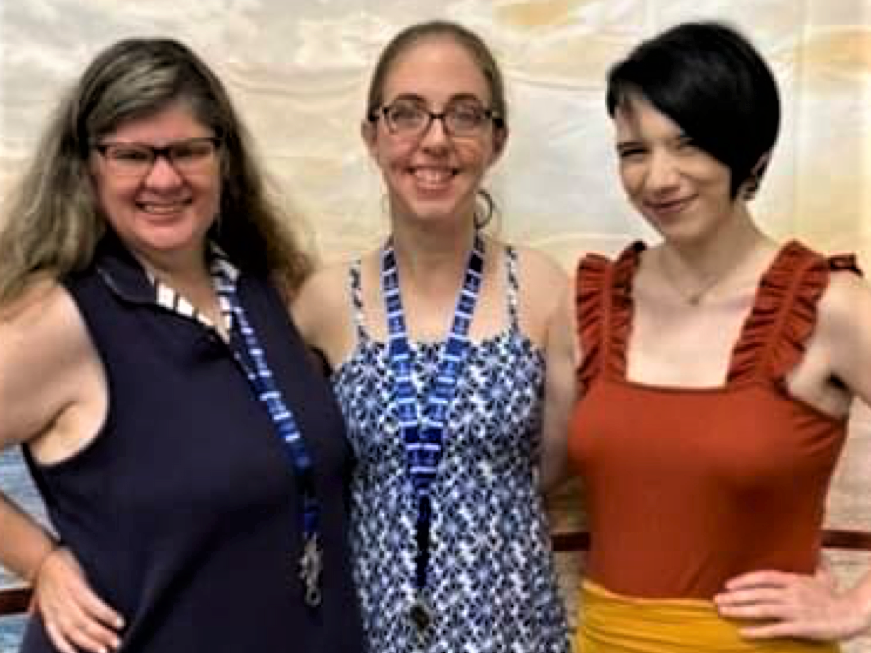James Meadours is a self-advocate from San Antonio, Texas. He talked to his friend Cindy Burrow about grief. We hope others can learn from James and handle their own grief.
“I was shocked when I found out my uncle was in the hospital. And I didn’t really understand what happened to him because no one explained. I thought he was healthy. I was so glad I was in my aunt and uncle’s life. That was a hard loss. Since I reconnected with them it was one of the best things that happened because I have someone to support my work.”
James was upset because his cousins did not want him to travel to visit his uncle. “I think they were trying to protect me because they thought I’d be upset and emotional and they’d have to support me. But I wanted to be there to support them. Because of what happened to my mom. They thought I would be very upset because it was similar.” (James’s mother died suddenly when he was a teenager.)
James has not told many people about his loss. “I think I’m afraid some people may not respect my boundaries. They want to give me a hug and stuff like that. Some people aren’t close like real friends.”
Cindy asked James if he thought it was hard for people to respect how others want to grieve. James answered “Some people want people to grieve the way they would. Like if someone would want a hug that’s what they want to give. But they don’t ask permission or listen to me when I tell them what I need. They don’t understand what boundaries are and what being a true friend is.”
James has some advice for people who now have to grieve alone. He suggests people write to share their feelings. He also says to find a person they could trust to talk to. “Really respect your boundaries when you tell them not to share what you say with others. James said to talk about your feelings. “Don’t let it eat inside of you. When my mother passed away, I didn’t have anyone and that was hard.”
James’ advice to people who are grieving is to listen to what the person needs. Let people know what happened to your loved one or close friend. Take the time to tell them and help them. “I have a friend whose roommate passed away, and people didn’t take the time to tell him and help him. I think people didn’t know how to help because he does not use words. But we need to be honest and take time to help people.”





